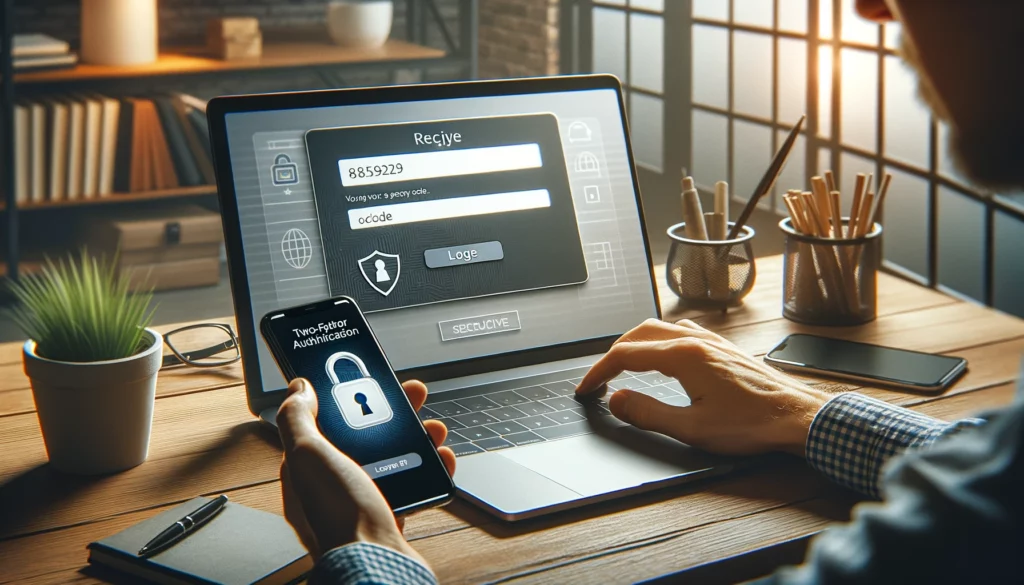
In the realm of cybersecurity, data breaches have become an all-too-common occurrence, with organizations of all sizes and industries falling victim to these costly and damaging incidents. From unauthorized access to sensitive information to the exposure of personal and financial data, the consequences of a data breach can be far-reaching, resulting in financial losses, reputational damage, and legal repercussions. However, amidst the growing threat landscape, there are valuable lessons to be learned from past breaches, along with best practices for prevention that organizations can implement to mitigate the risk of falling victim to these insidious attacks.
Lessons Learned from Data Breaches
- The Importance of Vulnerability Management: Many data breaches occur as a result of exploiting known vulnerabilities in software and systems. Organizations must prioritize vulnerability management by regularly patching and updating systems, conducting security assessments, and implementing robust security controls to mitigate potential risks.
- The Human Factor: Human error remains one of the leading causes of data breaches, whether through unintentional actions such as clicking on malicious links or falling victim to social engineering tactics. Organizations must invest in employee training and awareness programs to educate staff about cybersecurity best practices and empower them to recognize and respond to potential threats effectively.
- Third-Party Risks: Data breaches can also stem from vulnerabilities within third-party vendors and suppliers who have access to sensitive information or systems. Organizations must conduct thorough due diligence when engaging third-party vendors, assess their security posture, and establish clear security requirements and protocols to mitigate third-party risks effectively.
- Data Encryption and Access Controls: Encrypting sensitive data and implementing robust access controls are essential measures for protecting against unauthorized access and data exfiltration. By encrypting data both at rest and in transit and implementing least privilege access controls, organizations can limit the exposure of sensitive information and reduce the impact of potential breaches.
- Incident Response Preparedness: In the event of a data breach, an effective incident response plan can make all the difference in minimizing the impact and mitigating further damage. Organizations must develop and maintain a comprehensive incident response plan that outlines roles and responsibilities, communication protocols, and response procedures to enable swift and coordinated action in the event of a security incident.
Best Practices for Data Breach Prevention
- Implement Multifactor Authentication (MFA): Multifactor authentication adds an extra layer of security by requiring users to provide multiple forms of verification before gaining access to systems or data. By implementing MFA, organizations can significantly reduce the risk of unauthorized access and strengthen their overall security posture.
- Regular Security Assessments: Conduct regular security assessments, including vulnerability scans, penetration testing, and security audits, to identify and remediate potential vulnerabilities and weaknesses in systems and infrastructure.
- Encrypt Sensitive Data: Encrypt sensitive data both at rest and in transit to protect it from unauthorized access and mitigate the impact of a data breach. Utilize strong encryption algorithms and ensure that encryption keys are securely managed and protected.
- Employee Training and Awareness: Invest in ongoing employee training and awareness programs to educate staff about cybersecurity best practices, raise awareness about common threats, and empower employees to recognize and report potential security incidents.
- Monitor and Detect Anomalies: Implement robust security monitoring and detection mechanisms to identify suspicious activity and potential indicators of compromise. Leverage security information and event management (SIEM) systems, intrusion detection/prevention systems (IDS/IPS), and behavioral analytics to detect and respond to security threats in real-time.
- Backup and Disaster Recovery: Maintain regular backups of critical data and establish a comprehensive disaster recovery plan to ensure business continuity in the event of a data breach or other catastrophic event. Test backup and recovery procedures regularly to verify their effectiveness and reliability.
- Establish a Culture of Security: Foster a culture of security within the organization by promoting security awareness, accountability, and a shared responsibility for protecting sensitive data and assets. Encourage collaboration between IT and business units to ensure that security considerations are integrated into all aspects of the organization’s operations.
In conclusion, data breaches continue to pose a significant threat to organizations worldwide, but by learning from past incidents and implementing proactive prevention measures, organizations can strengthen their defenses and mitigate the risk of falling victim to these costly and damaging attacks. By prioritizing vulnerability management, investing in employee training and awareness, implementing robust security controls, and fostering a culture of security, organizations can effectively safeguard their sensitive data and assets against the ever-evolving threat landscape. With a proactive and comprehensive approach to cybersecurity, organizations can reduce the likelihood and impact of data breaches and maintain trust and confidence in their ability to protect their most valuable assets.

Penetra Cybersecurity is at the forefront of defending the digital frontier, providing cutting-edge solutions to protect businesses and organizations from the ever-evolving threats of the cyber world. Established with a mission to create a safer internet for everyone, Penetra leverages a blend of advanced technology, expert knowledge, and proactive strategies to stay ahead of cybercriminals.
Ready to take the next step towards a more secure future? Schedule a consultation with us today and discover how we can help protect what matters most to you. Don’t wait until it’s too late—with Penetra Cybersecurity, your business isn’t just secure; it’s imPenetrable.




